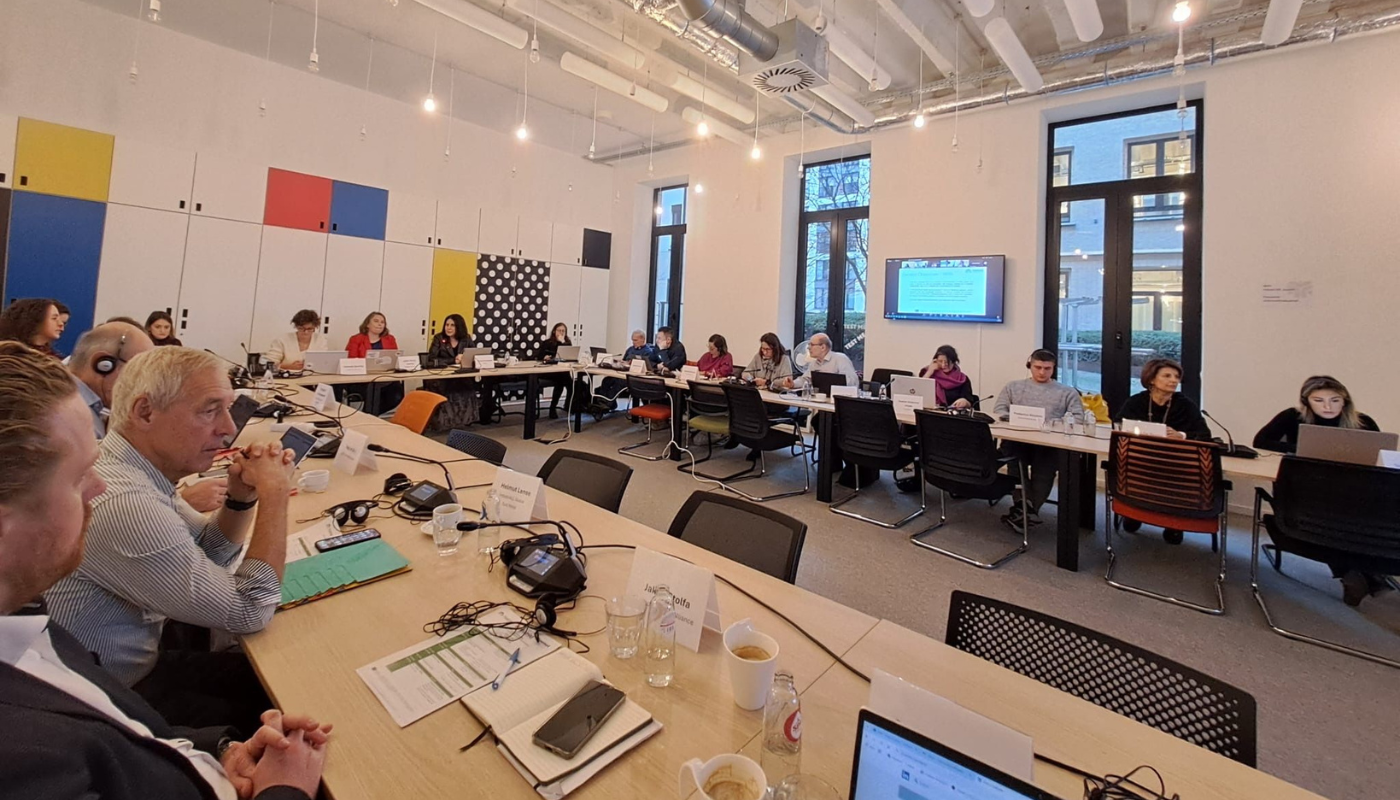
Social dimension of the transformation in the automotive industry Workshop
On 4 December 2024, project TRIREME organised a social partner´s workshop in Brussels focused on discussing the social dimension of the transformation of the automotive industry.
The event was co-hosted by Delphine Rudelli, Director General of Ceemet, and Judith Kirton-Darling, General Secretary of industriAll Europe. It gathered over 70 participants, namely trade union and employers’ representatives across Europe, as well as industry associations, researchers, companies and European Commission representatives.
The workshop thoroughly examined the present state of the automotive industry. In this context, the social partners emphasised the significant challenges the sector is encountering and underscored the vital role they play in navigating workplace transformations.
On her part, the Head of Unit for Social Dialogue in DG EMPL highlighted that social dialogue will continue to be a central focus of the EU's priorities during the current mandate. She also stressed the European Commission's commitment to fostering a strong and competitive industry in Europe, which must align with the creation of high-quality jobs.
To address the specific challenges of the automotive sector, Eurofound delivered an in-depth presentation outlining the difficulties currently facing the industry in Europe, with particular attention to the demands for skills and ongoing training.
The afternoon session gave the national Metal, Engineering, and Technology industries (MET) social partners the opportunity to present the initiatives and activities which have proven to be successful in tackling the social aspects of the green and digital transitions in the automotive sector at regional, national and local levels.
• The Italian social partners of the MET industry demonstrated an innovative online platform that offers services for training in their sector. The main goal of this portal (MetApprendo) is to encourage continuous training in industries. Today, it gathers over 17,000 companies and close to 1 million workers.
• The Norwegian social partners spoke of the recently adopted reskilling and upskilling agreements that will give a push to continuous learning in industries and ensure companies can benefit from a skilled workforce in order to remain competitive.
• The German trade unionist presented the situation in Germany and different initiatives that social partners are developing in different automotive companies.